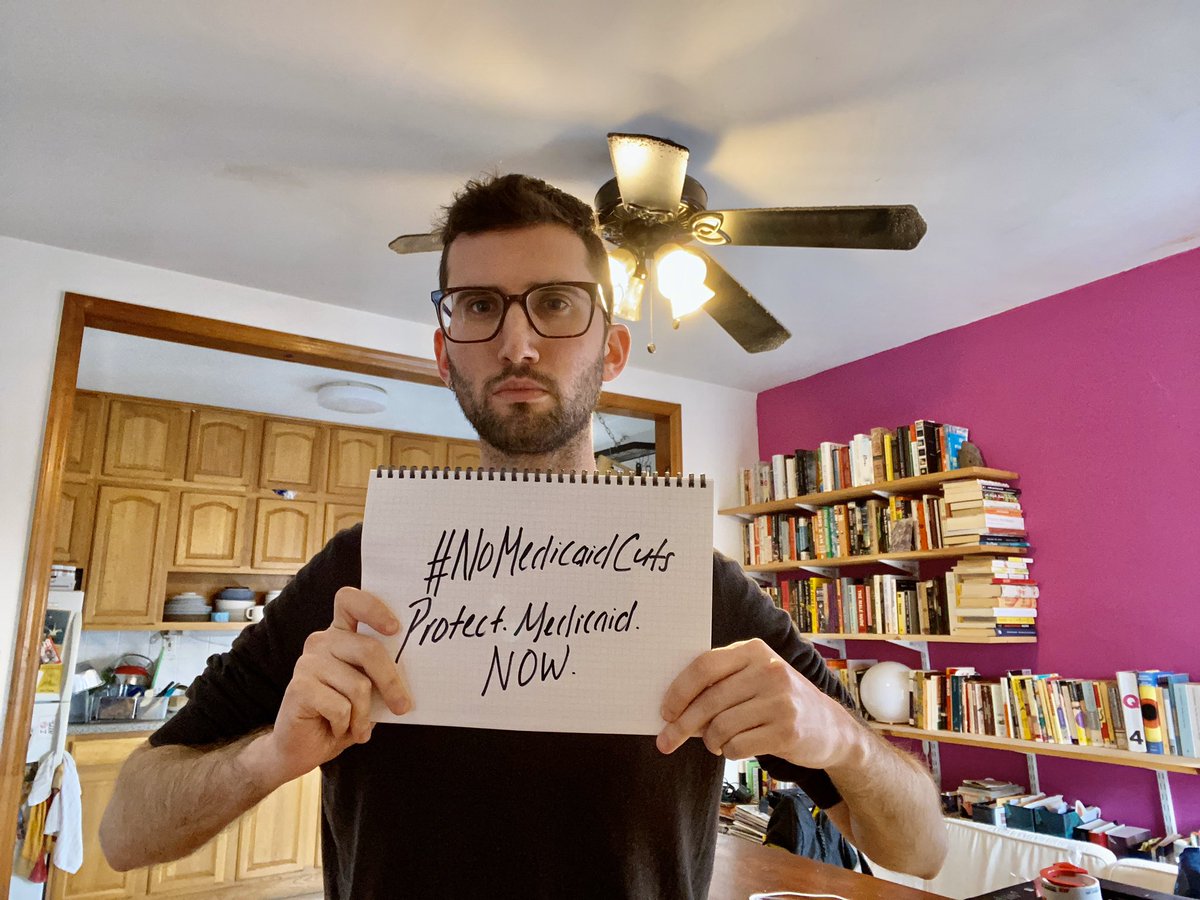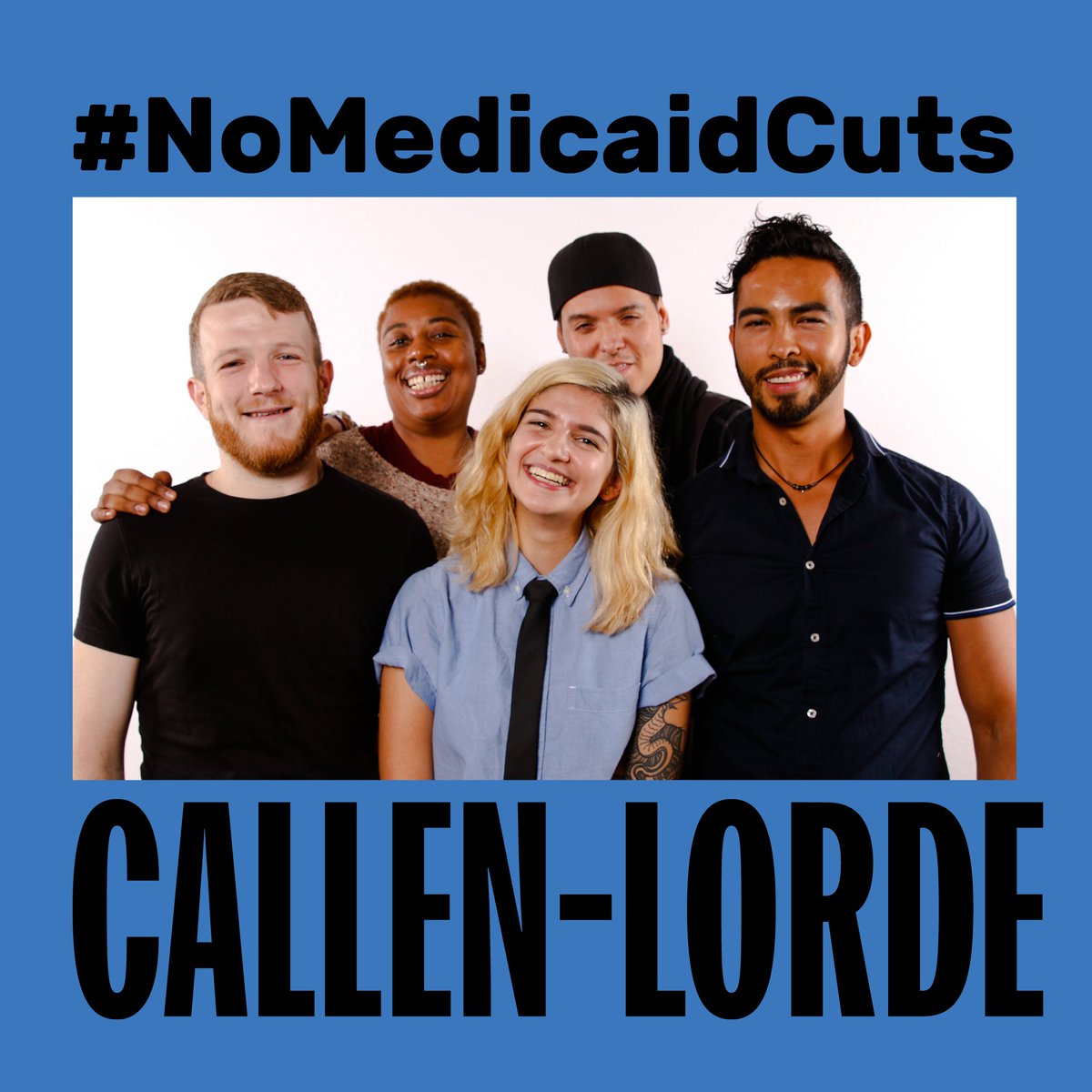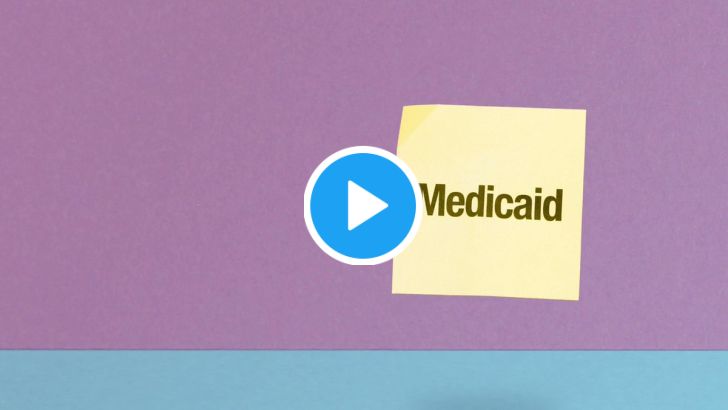 NY Lawmakers to Decide by Midnight on Medicaid Cuts to 340B Providers
NY Lawmakers to Decide by Midnight on Medicaid Cuts to 340B Providers
(Update April 1, 2020 9:30 a.m. Eastern—The New York state legislature adjourned last night without enacting a state budget for the new fiscal year that began today. Lawmakers have returned to work and are expected to pass the budget today.)
New York Gov. Andrew Cuomo (D) and the state legislature have until midnight to enact a balanced state budget for the fiscal year that begins tomorrow April 1. New York already faced a $6.1 billion deficit for fiscal 2021 before COVID-19 slammed the state, adding billions more to the gap. As we reported last week, one way that lawmakers are considering reducing the deficit is moving Medicaid managed care pharmacy benefits to Medicaid fee for service, saving an estimated $11 million this fiscal year and $125 million in fiscal 2022. Health care providers warn that the move would erase their 340B savings derived from serving Medicaid beneficiaries—an untenable loss during the public health crisis, they say.
State lawmakers also are weighing a proposal to cut Medicaid payments to hospitals by $399 million in fiscal year 2021 and by $459 million in fiscal 2022. A New York City hospital CEO calls that proposal “a shot in the gut.”
State leaders reportedly are considering partially easing the proposed cuts’ impact on hospitals by keeping Medicaid managed care drug coverage for physician-administered drugs. The move would let 340B hospitals continue to benefit financially by billing Medicaid for such drugs at above actual acquisition cost. But the compromise would not shield 340B community health centers and most other non-hospital 340B entities, which generally don’t use physician-administered drugs. In addition, many hospital systems have large retail pharmacy networks that would be impacted by the proposal.
State hospital associations, which are focused on helping members cope with the COVID-19 emergency, could not be reached for comment about the proposed Medicaid cuts.
New York’s community health centers are urging the legislature to reject the cuts. With centers facing “massive financial challenges presented by COVID-19, the savings they get through programs like 340B are more important than ever,” said Rose Duhan, President and CEO of Community Health Care Association of New York State, which represents more than 70 centers with nearly 800 sites in the state. “340B savings help health centers provide care to the uninsured and underinsured, making those savings critical to their financial sustainability now and in the future. CHCANYS urges the Legislature to reject the Medicaid managed care pharmacy benefit carve out, which would eliminate the ability for health centers to access the 340B program in Medicaid.”
The national group Ryan White Clinics for 340B Access (RWC-340B) also is asking Cuomo and state lawmakers not to shift the Medicaid managed care pharmacy benefit to Medicaid fee for service. “For Ryan White clinics, the proposal would result in a giant step backward in their fight to end the HIV/AIDS epidemic at a time when our country is relying on them to help fight against COVID-19,” RWC-340B warned in March 23 letters to the governor and state legislative leaders. In many cases, the group said, savings from billing payers for 340B-purchased drugs at standard price rather than at cost “is the only thing keeping safety net organizations operating.” The letters continue:
If safety net providers eliminate services, close locations, or otherwise downsize as a result of the pharmacy reimbursement cuts described above, patients will be forced to go to hospital emergency rooms for their care. Such a reduction in savings for New York State’s safety net is completely untenable in these times of national crisis related to COVID-19. When 340B providers are on the front lines caring for patients who have been exposed to the coronavirus, now is not the time to “experiment” with changes to Medicaid reimbursement to the safety net.
Progressive groups and their followers have been bombarding Cuomo and legislative leaders with tweets urging them not to change state Medicaid policy during the pandemic. Many of the tweets focus on how 340B providers would be affected. Here’s one example:

.@NYGovCuomo and his redesign team want to slash 340B funding for community health centers. Our most vulnerable rely on these clinics for affirming care. Tell Cuomo #NoMedicaidCuts. These cuts are criminal during a pandemic. 
Drug Manufacturer Par Is Providing Refunds for 340B Overcharges
Apexus / 340B Prime Vendor Program’s manufacturer refund service has been notifying covered entities that Par Sterile Products is issuing credits to entities for some purchases of Adrenalin and Vasostrict from Jan. 31, 2019 through April 30, 2019.
The notice states that Par “has recognized that” its shift to manufacturer direct purchase in 2019 caused some entities to buy the drugs from wholesalers under their 340B accounts at wholesale acquisition cost rather than at the 340B ceiling price.
“Par has determined the credit amount owed to each affected qualified [entity]” and will work with Apexus “to validate wholesale pharmacy account information for each qualified [entity] that purchased the products at WAC” during the specified dates in 2019, the Apexus notice emailed to entities states. “Once validated, Apexus will work with wholesalers to facilitate processing of the applicable credits.”
Par, owned by Endo Pharmaceuticals, has not posted a public notice about the availability of the wholesaler credits on the Health Resources and Services Administration (HRSA) Office of Pharmacy Affairs (OPA) manufacturer notices to 340B covered entities webpage. We reached out to Endo for comment. A HRSA spokesman said
“HRSA requires manufacturers to refund covered entities on all drug overcharges and expects that manufacturers will work with affected covered entities in good faith to make timely repayments. Manufacturers are also encouraged to provide repayment information to HRSA; however, it is not a requirement to do so. Par has notified HRSA of its plan for refunding overcharges and HRSA is actively working with Par on this matter.”
In a related development, two drug manufacturers recently posted notices on the OPA webpage about distribution changes for their products.
- Indivior notified 340B entities that its opioid-addiction treatment Sublocade is available only through a Risk Evaluation and Mitigation Strategy (REMS) restricted distribution network “because of the risk of serious harm or death that can result from patient intravenous self-administration.”
- Vertex Pharmaceuticals notified 340B entities that its cystic fibrosis medicines Kalydeco, Orkambi, Symdeko, and Trikafta can be bought for 340B outpatient use or inpatient hospital use from two specialty distributors: McKesson Plasma and Biologics and DMS Pharmaceutical Group. Prescriptions for non-340B outpatients can be submitted to seven specialty pharmacies: Accredo Health Group, AllianceRx Walgreens Prime, Fairview Pharmacy Services, Foundation Care, Kroger Specialty Pharmacy, Maxor Specialty / IV Solutions / Pharmaceutical Specialties (PSI), and Optum Specialty Pharmacy.
Update: Federal COVID-19 Response
Hydroxychloroquine and Chloroquine
Drug manufacturers Sandoz and Bayer and the federal government are making millions of doses of chloroquine phosphate and hydroxychloroquine sulfate free and widely available to hospitals for possible use in treating patients hospitalized with COVID-19 or for use in clinical trials. Although there continues to be skepticism in the medical community about its effectiveness, President Trump has been touting hydroxychloroquine as a possible game changer in fighting COVID-19.
Sandoz donated 30 million doses of hydroxychloroquine and Bayer 1 million doses of chloroquine to the Strategic National Stockpile, the U.S. Health and Human Services Department announced March 29. We’ve asked HRSA if there are any 340B compliance issues in using covered outpatient drugs obtained from the stockpile.
On March 28, the Food and Drug Administration allowed doctors to prescribe the donated drugs to adolescent and adult patients hospitalized with COVID-19, as appropriate, when a clinical trial is not available or feasible. Teva Pharmaceuticals said it plans to donate more than 10 million hydroxychloroquine tablets in the United States and Mylan said its is resuming manufacturing the drug at a West Virginia facility.
HHS also is funding clinical trials of two drugs, Kevzara (sarilumab) and remdesivir, for possible use as COVID-19 treatments.
Chloroquine and hydroxychloroquine are used to treat malaria. Chloroquine also is used to treat lupus and rheumatoid arthritis. South Korean and French studies suggest the drugs can mitigate COVID-19’s effects. Group purchasing organization Premier reports demand for both spiked in early March.
Remdesivir’s manufacturer, Gilead, this month obtained an FDA orphan drug designation for the drug to treat COVID-19. It asked the FDA to rescind the designation two days later in the wake of a public outcry. Chloroquine has an orphan designation for the treatment of glioblastoma. The Affordable Care Act excludes free-standing cancer hospitals, critical access hospitals, rural referral centers, and sole community hospitals from purchasing orphan designated drugs at reduced 340B prices.
Conservative Kudos for Trump on 340B
The “mainstream” media is failing to cover a huge act by President Trump “to dramatically improve America’s ability to respond to the coronavirus crisis”—HRSA’s easing of hospital reporting requirements under the 340B group purchasing prohibition, an anonymous essayist writes in the conservative blog The Resurgent.
“The Trump administration lifted these requirements for the duration of the crisis. They did it in a barely noticeable way, using totally incomprehensible language, but they did do it. And it will matter for public health in this trying time,” the essayist wrote. Relaxing the requirement might look like “small ball” to some, and the president might not have “stayed up nights personally formulating and writing up.”
“Nonetheless, he got [it] done.”
The writer also, incorrectly, praised Trump for signing into law Sen. Ben Sasse (R-Neb.) proposed amendment to the COVID-19 economic stimulus bill to protect hospitals from losing their 340B eligibility due to changes in patient mix during the pandemic. The Senate tabled the amendment before passing the bill, which Trump signed on March 27. The essay was eventually corrected.
Post-election Push for Drug Pricing Legislation?
As we noted last week, the $2 trillion CARES economic stimulus act included language extending funding for health centers and other federal health programs through Nov. 30. Health center funding had been due to expire May 22. Legislation to provide the funding was seen as a leading candidate for a drug pricing rider, most notable Senate Finance Committee leaders’ Chuck Grassley (R-Iowa) and Ron Wyden’s (D-Ore.) bipartisan bill, the Prescription Drug Pricing Reduction Act (S. 2543).
Writing in Stat+ yesterday (subscription required), reporter Lev Facher says “the pandemic response has undeniably dealt a setback” to Grassley and Wyden, adding that “lawmakers’ largest incentive to pass drug pricing legislation before Election Day is gone.” Spokespersons for Grassley and Wyden remain optimistic, however.
“Congress can pass a bill anytime it wants,” Grassley spokesman Michael Zona told Facher. “Having available vehicles makes it easier, but doesn’t prevent anything from happening. The coronavirus crisis shows why now more than ever seniors need to be able to afford the prescription drugs they rely on to survive.”
“A spokesman for Wyden,” Facher wrote, “argued that the Covid-19 crisis, which has killed roughly 2,400 Americans and sickened nearly 140,000, only heightens the urgency of legislation to lower drug prices. With millions of Americans facing layoffs and pay cuts, he said, the burden of high pharmaceutical costs will only become more pronounced.”
Ben Wakana, the executive director of the advocacy group Patients for Affordable Drugs Now, told Facher: “Come Nov. 30, when hopefully things are in a better place public health-wise, I still think there will be momentum there to get this done…. They come back, on Nov. 30 the health extenders expire, and they have this lame-duck opportunity where people either just won reelection and feel freed from the shackles of pharma, or lost reelection and get to take a vote that they really believe in, which is that drug prices should be lower.”
Tweets of Note

Me calling the New York State senate and assembly leaders to urge that they not cut Medicaid and 340B funding in the middle of a pandemic. 

Last year, @CHNNYC used savings from the #340B program to open a pharmacy that delivers affordable meds to patients throughout the city. Do not eliminate health centers from the program! @NYSA_Majority @NYSenDems @CarlHeastie @AndreaSCousins

Protect community health center funding by rejecting the Medicaid Redesign Team’s proposal to slash 340B funding for our safety-net community health centers! #ProtectMedicaid #NoMedicaidCuts @NYGovCuomo @AndreaSCousins @CarlHeastie @NYHCampaign 

Per @UrsulaRozum, let’s be like the rock & crush those budget-cutting scissors. We know we have the resources, but do @NYGovCuomo @CarlHeastie @AndreaSCousins have the will? #NoMedicaidCuts #PassNYHealth #MakeBillionairesPay #NyHomesGuarantee #FundNYSchools #FreeOurElders & more!
Citizen Action of NY @citizenactionny
Cuomo is taking an ax to our hospitals and schools during a pandemic. 🪓
We don’t need an ax. We need a tax on billionaires.
#MakeBillionairesPay #NoMedicaidCuts
https://t.co/wu0ftQkvaG

There have been several regulatory and legislative updates affecting #340B hospitals as they care for patients amidst the #COVID19 pandemic. @340BHealth’s latest blog post provides a recap. bit.ly/33VMxQt #Protect340B




